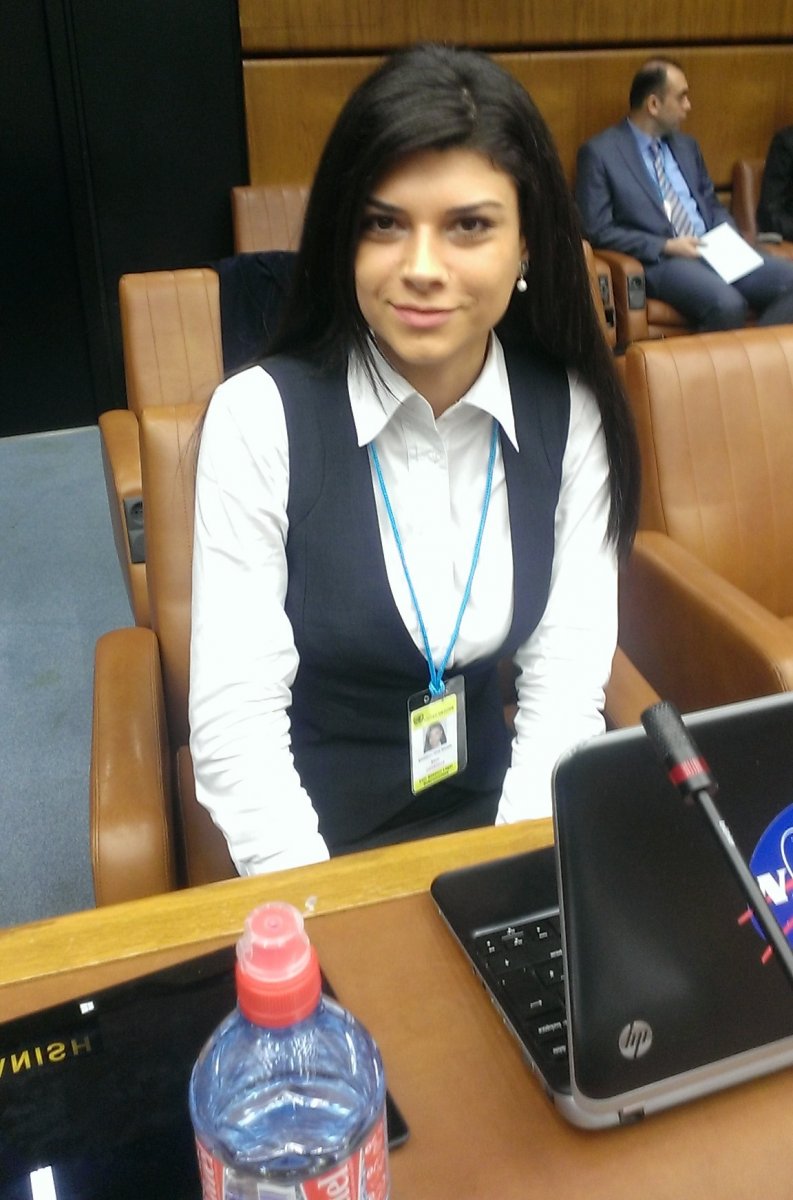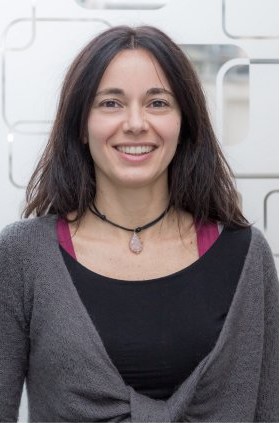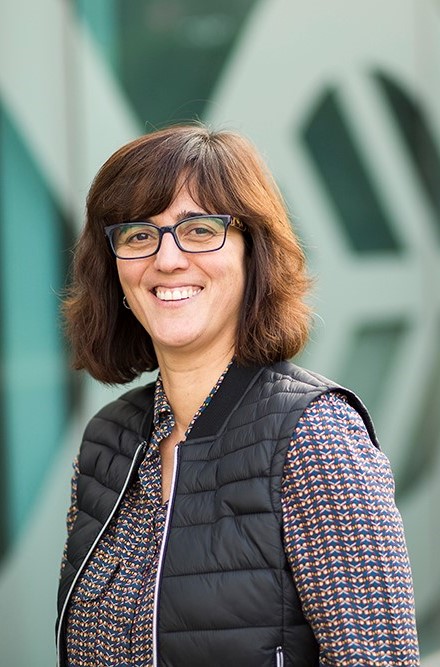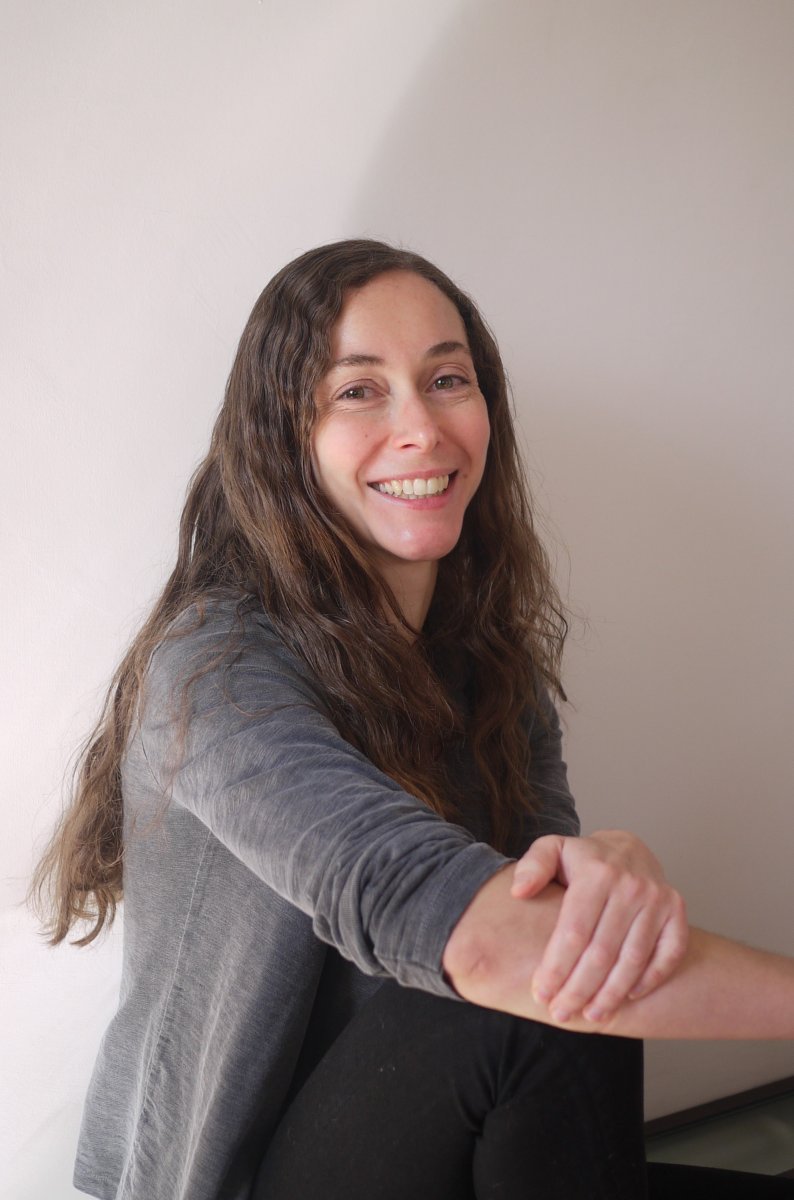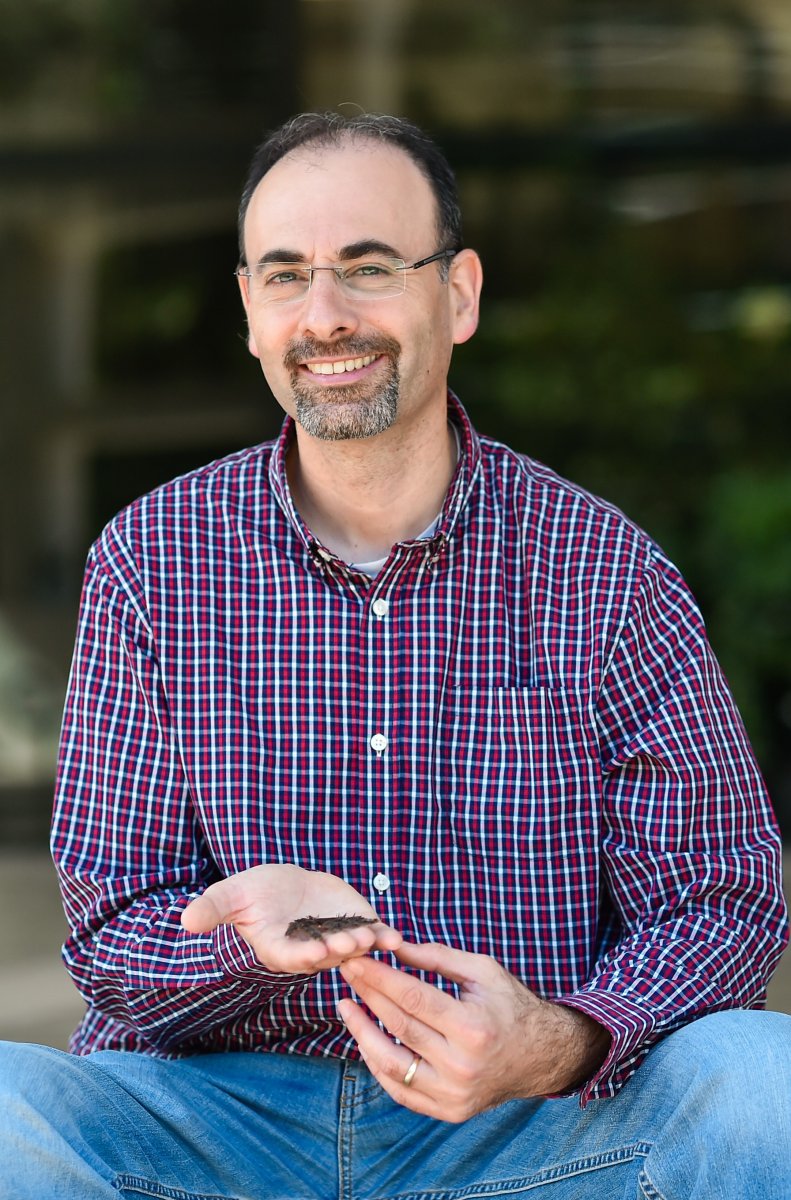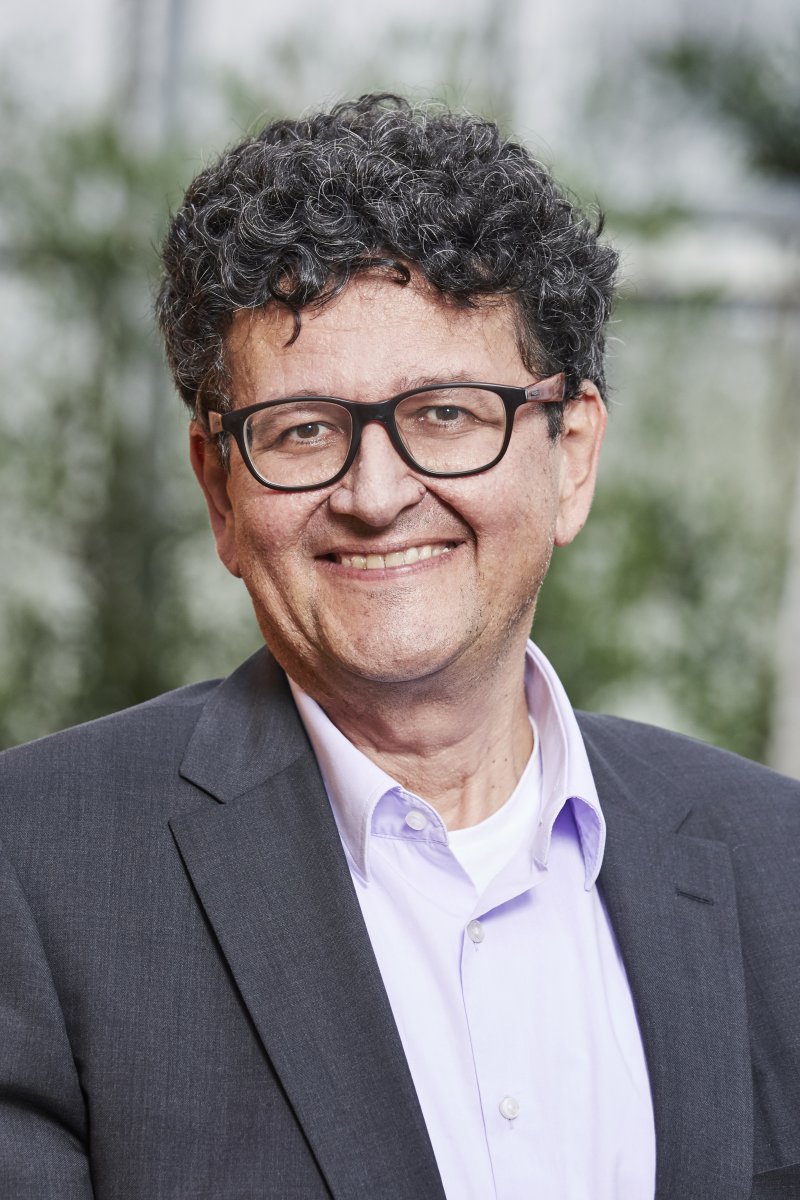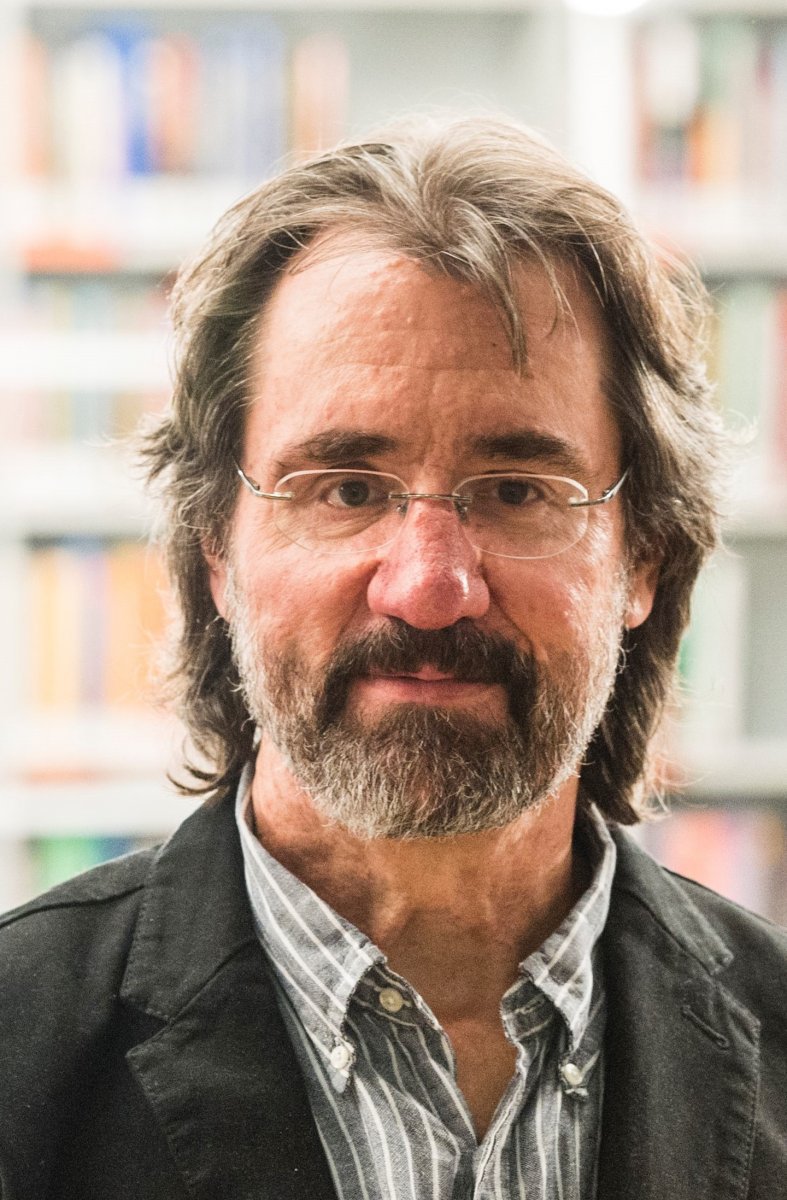|
|
Listen to Alina Bădescu's nature podcast on her research, grant and advice to other candidates from 12’45" Alina Badescu received her PhD in 2011 and is currently an Associate Professor at the Department of Telecommunications at the Politehnica University of Bucharest. She has conducted several international research projects involving the radio detection of cosmic particles in various media. She focused on antennas in solid dielectrics characterization, on the propagation of radio waves in heterogeneous media and the implications of the construction of a cosmic neutrino detector in a salt dome. Other research interests include antenna design, radiowave propagation through the atmosphere, etc. She has authored and co-authored over 50 peer-reviewed journals, conference papers and several books. |
|
|
|
Laura Cancedda graduated in Chemistry and Pharmaceutical Technologies at the University of Genoa in 1999 and received her PhD in Neurophysiology at the Scuola Normale Superiore (Pisa, Italy, 2003). She then moved to the University of California, Berkeley as a postdoc. In 2006, she returned to Italy at the Italian Institute of Technology (IIT), where she coordinates the Developmental Neurophysiology Lab. She has also had a research position at the Telethon Dulbecco Institute since 2016, and is a member of the FENS KAVLI network of excellence. In 2016, she received a Consolidator Grant from the ERC. Her main research interests are brain development and neurodevelopmental disorders. |
|
|
|
Ana Caño-Delgado is a Professor and Coordinator of the Plant Signaling and Development Program at the Centre for Research in Agricultural Genomics (CRAG) in Barcelona. She did a PhD in Biology at the University of East Anglia (UK) and was a HFSPO Postdoctoral Fellow at the Salk Institute for Biological Studies (US). She has received several awards in both science and entrepreneurship. In 2016 she became an elected EMBO member. Ana uses the plant model system Arabidopsis to investigate the processes by which plant steroid hormones (known as brassinosteroids) control growth and adaptation to the changing environment, in particular to drought. She recently discovered that modifying brassinosteroid signaling in the plant vascular system confers resistance to drought without penalizing growth, opening novel possibilities for uncoupling drought resistance from plant growth arrest. Her studies in Arabidopsis may have important applications in the fields of agriculture and food security, so they are being translated to cereals (Sorghum) in order to increase their tolerance to drought, currently one of the most important problems of agriculture. |
|
|
|
||
|
|
Vanessa Grotti is a part-time Professor in Anthropology at the RSCAS, EUI Florence, (IT) where she leads the EU BORDER CARE project, funded by an ERC Starting Grant (2015-2020). She is a social and medical anthropologist interested in the study of kinship and the body, health and healthcare systems, migration and borderlands, and life and regeneration, especially in contexts of change and crisis. Over the last 14 years, she has worked in South America, Europe and West Africa. Vanessa was trained at Oxford and Cambridge University and has held research and teaching positions at the Collège de France, the London School of Hygiene and Tropical Medicine and Oxford University. She is currently working on two interrelated projects which examine pregnant crossings in EU borderlands and unidentified death and mourning along the Central Mediterranean Migration Route. She works in interdisciplinary environments and in collaboration with creative artists to explore alternative methods of collecting and disseminating research. |
|
|
|
Boaz Pokroy's research focuses on biomineralization, bioinspired material's synthesis and surface engineering. He studies the structure of biominerals on the atomic and nanoscales using state-of-the-art characterization techniques such as high-resolution synchrotron diffraction and aberration-corrected transmission electron microscopy. Based on identified strategies that organisms use to produce natural materials, his lab develops novel bioinspired materials, such as semiconductors whose bandgap can be tuned by the incorporation of intracrystalline biological molecules, nanoamorphous materials with controlled short-range order, and superhydrophobic antimicrobial surfaces for various applications. Boaz is an Associate Professor in the Department of Materials Science and Engineering at the Technion–Israel Institute of Technology, where he earned all of his degrees. Prior to that he was a Fulbright scholar in the laboratory of Prof. Joanna Aizenberg at Harvard University and at Bell Labs. His research focuses on bioinspired materials and biomineralization and he has published over 90 papers. |
|
|
|
Holger Puchta was the first scientist worldwide to show that with the use of molecular scissors different kinds of controlled changes can be introduced into plant genomes. His group is spearheading the application of CRISPR/Cas technology in plants. His current research interest centres round the development of sophisticated tools for plant genome engineering and the characterization of the DNA repair machinery of plants with the aim to improve plant breeding. He was recently named ”Pioneer of Plant Biotechnology” by the leading journal Plant Biotechnology. Holger is currently head of the Botanical Institute and holds the chair of plant molecular biology at the Karlsruhe Institute of Technology, Germany. He is currently an ERC advanced grantee for the second time in a row. |
|
|
|
Steven Vertovec is Managing Director of the Max Planck Institute for the Study of Religious and Ethnic Diversity, Göttingen, Germany. Previously he was Professor of Transnational Anthropology at Oxford University and Director of the Centre on Migration, Policy and Society (COMPAS). He is author of five books including Super-diversity (Routledge, forthcoming) and editor of thirty-five volumes including the International Handbook of Diversity Studies (Routledge, 2015). Steven has acted as expert or consultant for numerous agencies, including the UK Home Office, UK Department for International Development, British Council, the European Commission, the G8, World Bank and UNESCO. |

